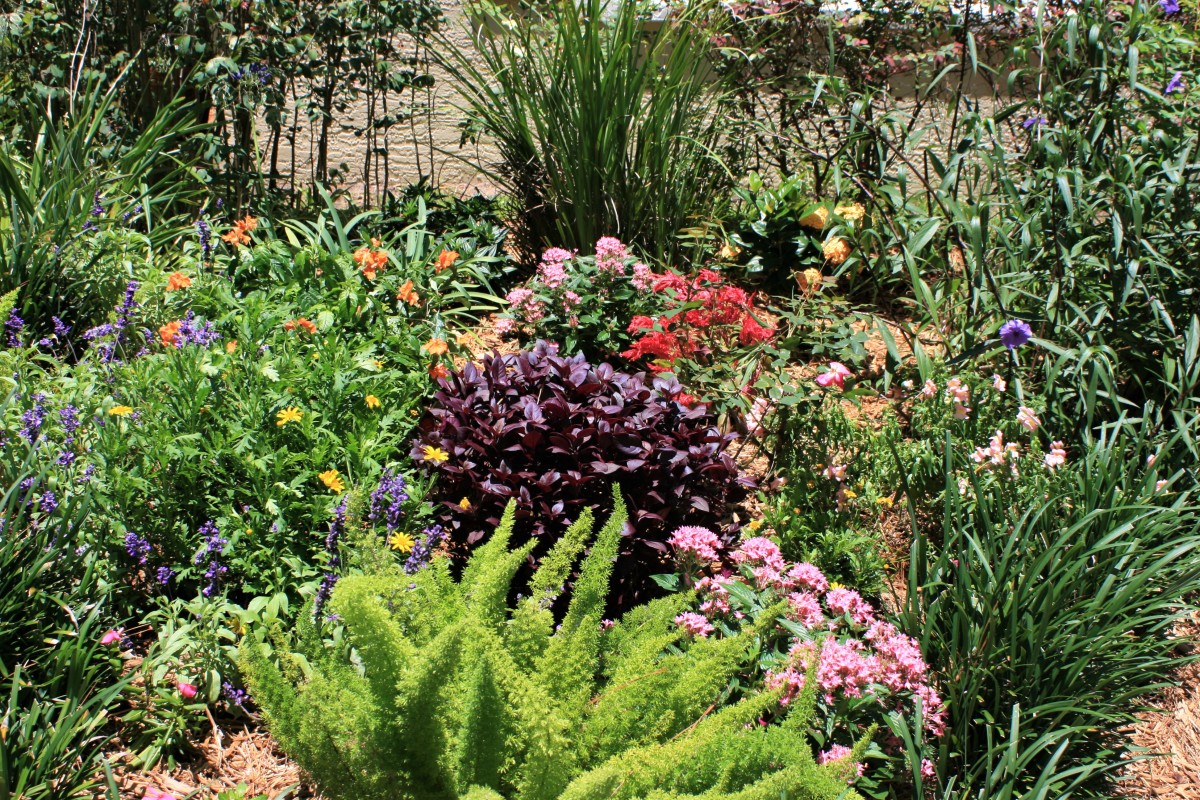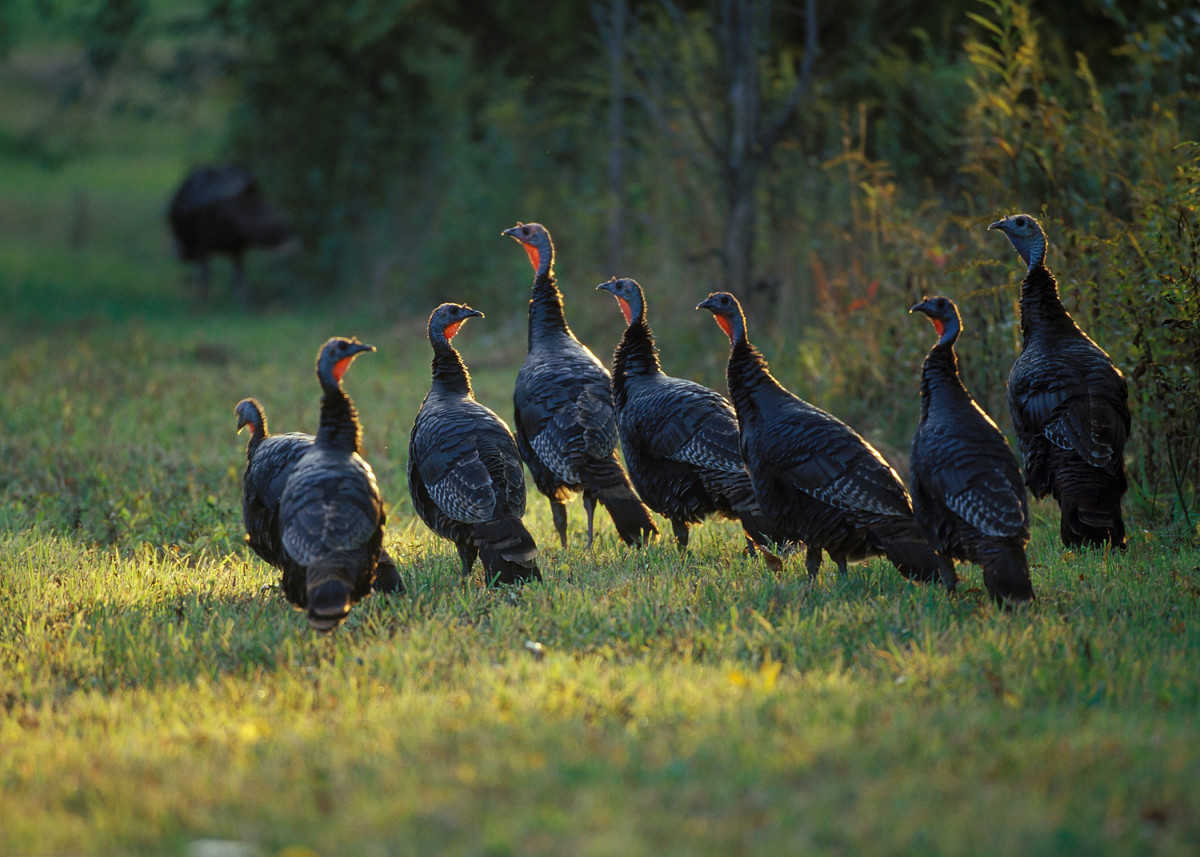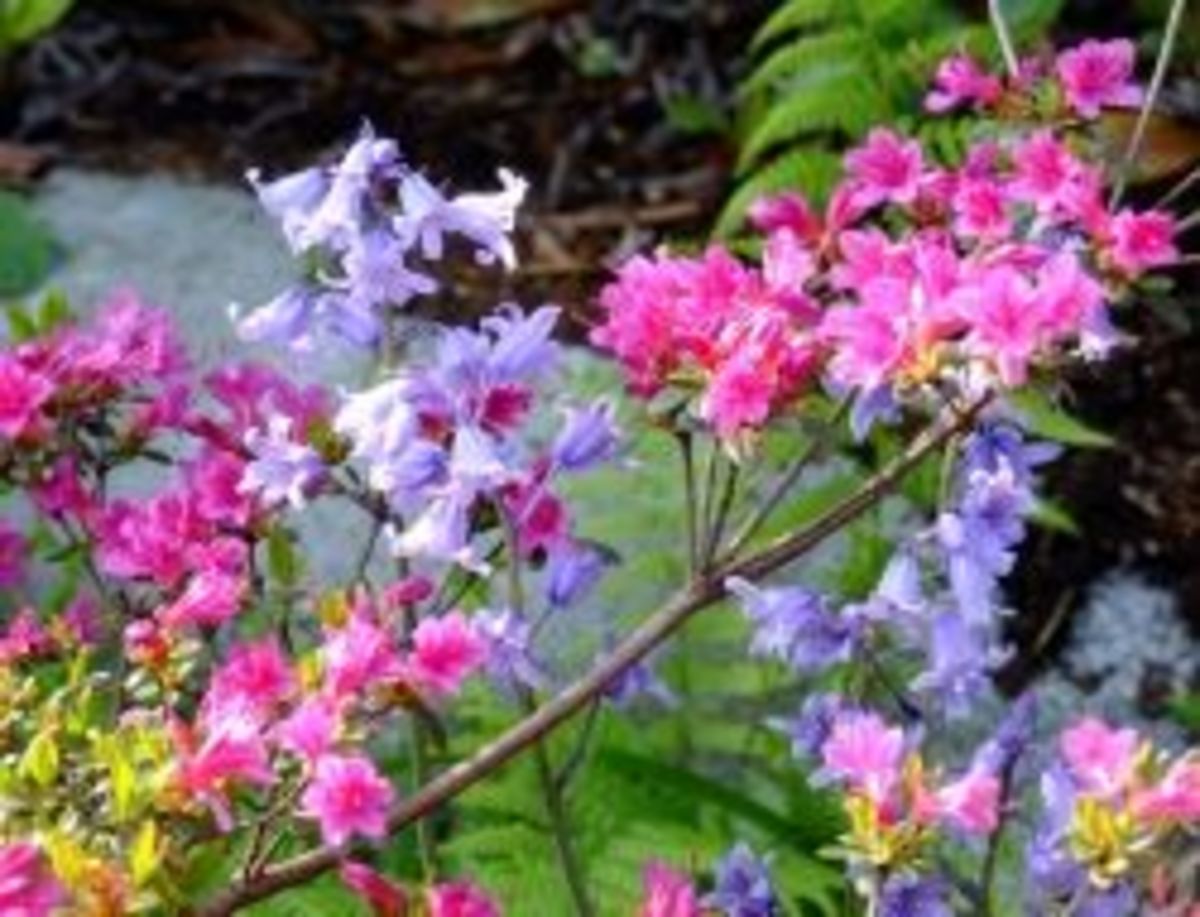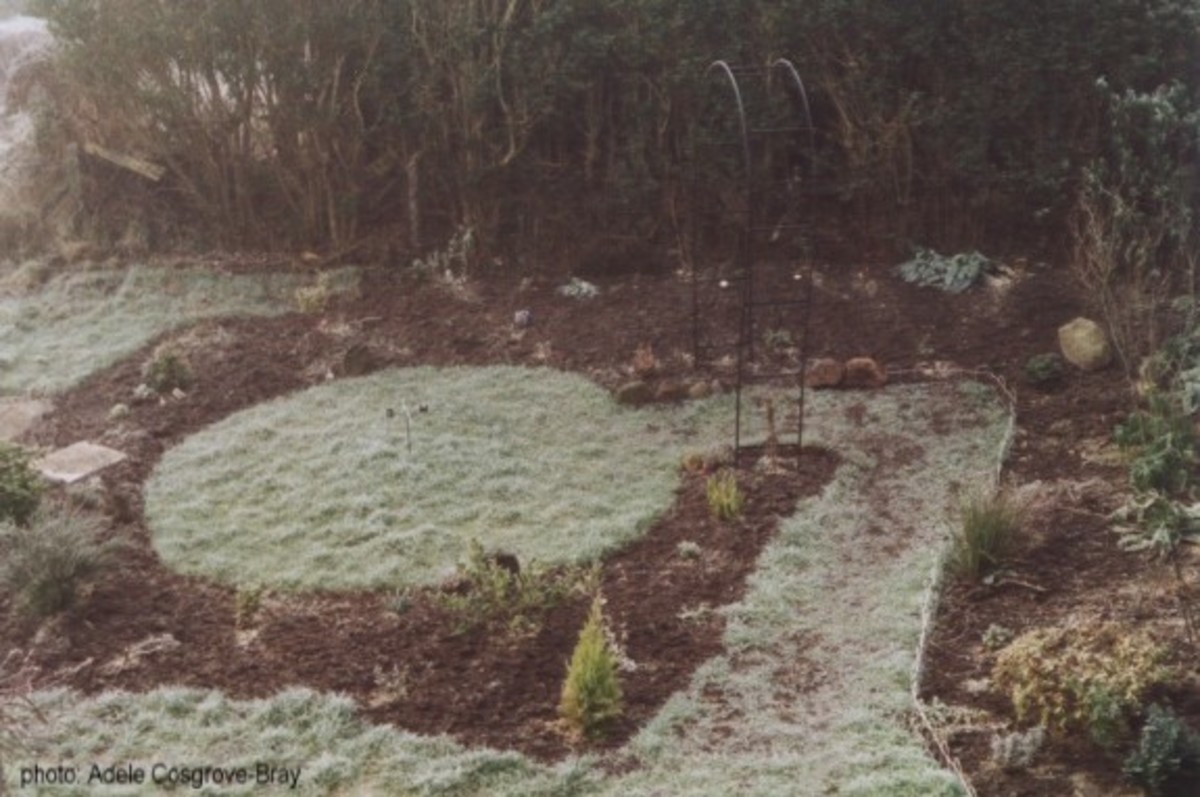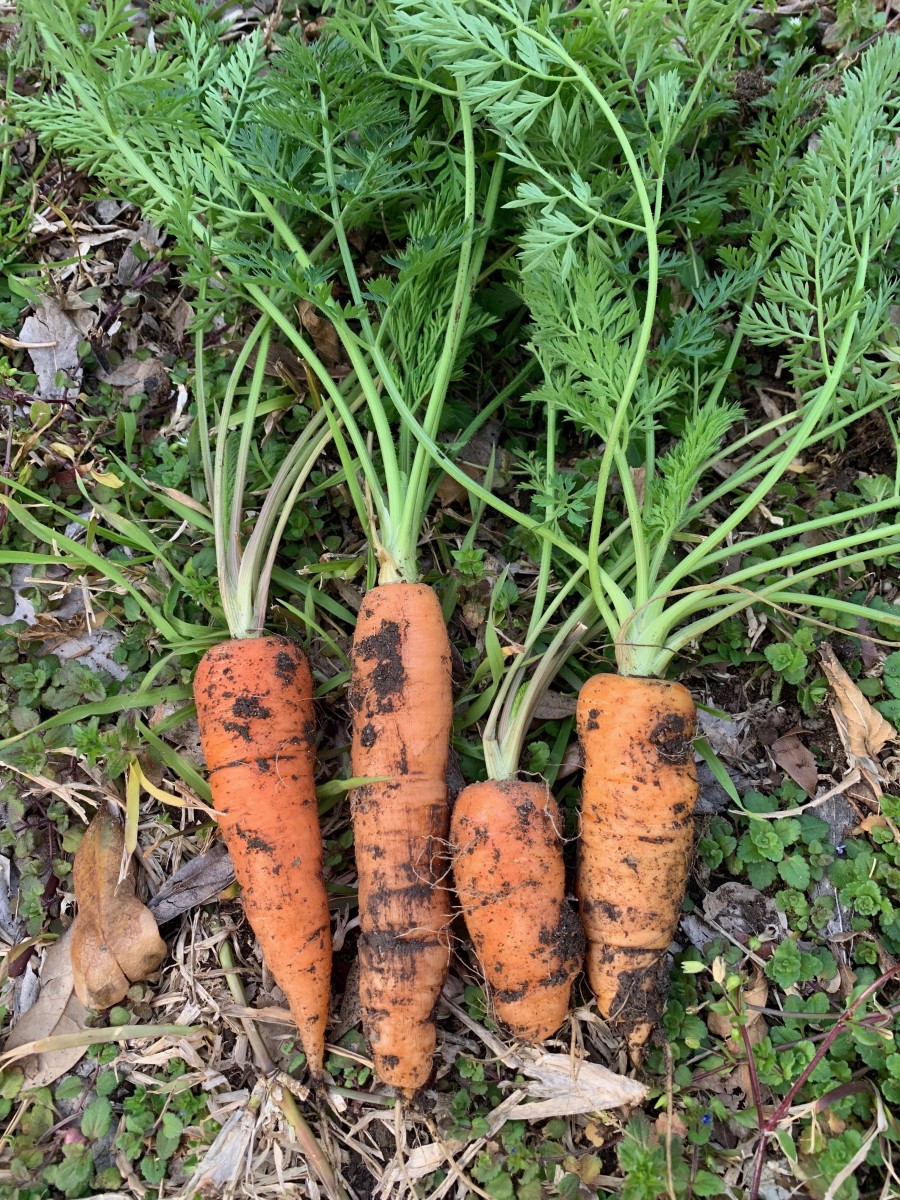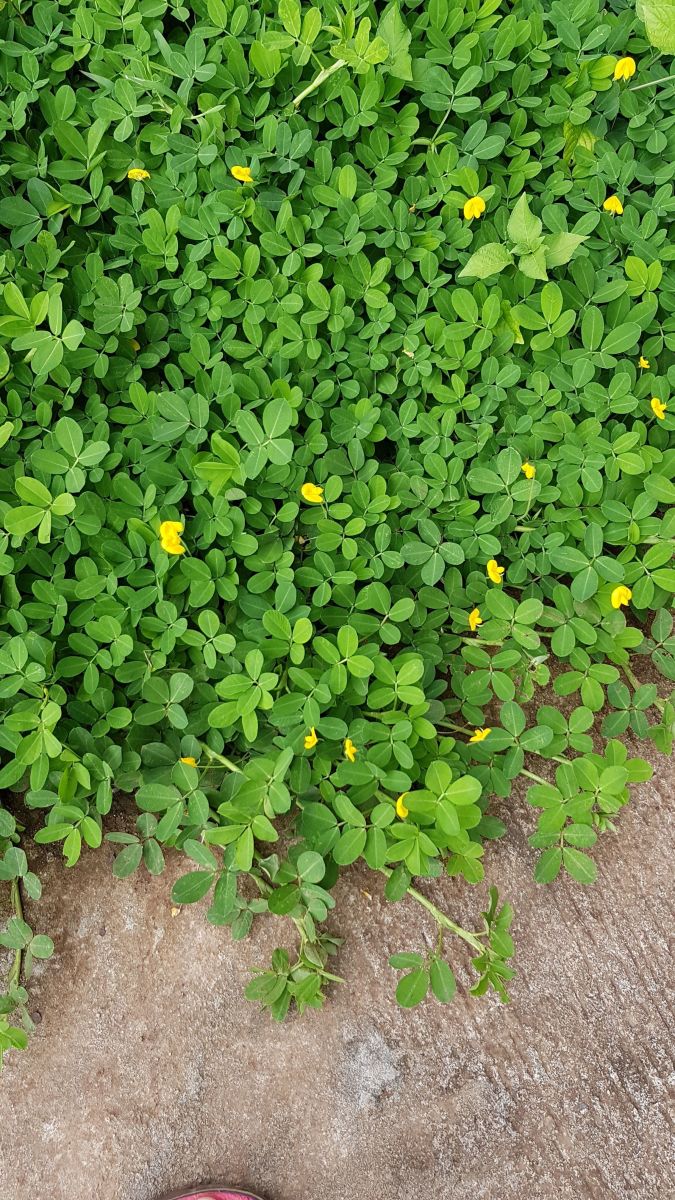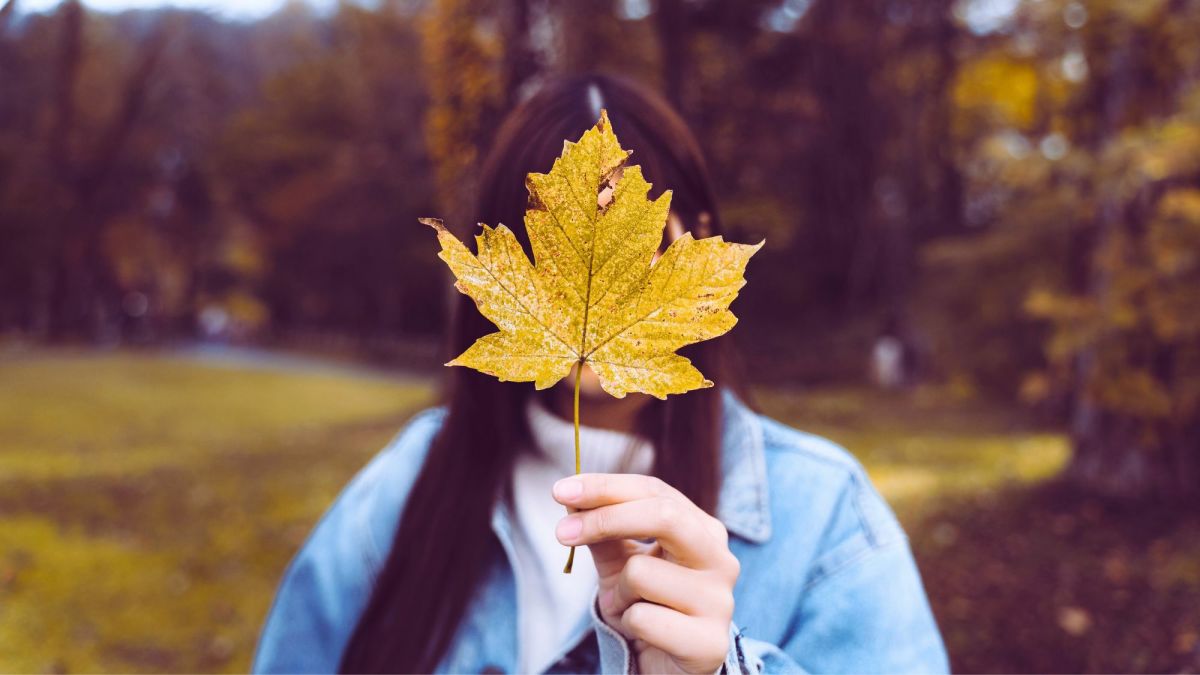Growing organic food takes less effort than normal gardening
When you team up with Mother Nature, you will always have a green thumb
Have you ever been on a walk around the neighborhood and noticed how some plants seem go grow naturally? Some even grow through cracks in the asphalt and sidewalk. On the other hand, have you tried gardening and kill you plants even though you follow all the instructions on the seed packet?
Plants are much like people. Each has their own personality and preferences. Some plants like a dry climate. Other plants like shade with a little bit of sun. Other plants like hot humid weather, where others like it cool.
The first step is to see what plants do well in your area. You can try the scientific method of taking each seed of each plant at the plant store and seeing which ones grow and which ones never sprout. I am guilty of doing that even until this day. Or you can be smarter, and just observe what is growing around your area in abundance.

Do your homework
Go to your nearest plant store and simply ask what plants grow well in the area. If you are new to gardening, you may not understand everything the person says, or the terminology used. Carry a garden journal, and write down tips and names of plants to research later on the internet.
Getting started on your garden
Find the space in your yard. I would recommend starting small, like a 3x3 area. Pick a spot that has ample sun, is somewhat shielded from the wind, and where you notice that plants grow naturally without assistance. Avoid areas that are rocky, and don't have much "life" around them.
After talking to your local plant store staff, select three distinctly different plants you would like to start with in your garden. The reason why I am limiting them three is that when they start to grow, it will be easier to identify the seedlings, or baby plants once they sprout their first leaves out of the soil. For example, you can choose beans, cucumber, and cabbage. One is a a legume which has distinctive leaves, the other is a vining plant, and the third is a leafy green. All are easily identifiable in their young stage.
Gardening in this method isn't so much "doing" but "observing."
Mulch Mulch Mulch Mulch
Mulch is a term for something you put over your soil to keep the moisture in and to keep the sun from burning it. Mananobu Fukuoka used straw as mulch to give his rice large harvest yields. As straw is not easy to come by, I would recommend lawn clippings. The downside is that you may be planing grass seeds in your garden. But as this is a natural farming method, a little grass is not a bad companion for your plants. Next time you mow your lawn, or if your neighbor has freshly cut grass, offer to take a bag off their hands and use as mulch. Lay a thin layer of the cut grass over your gardening area to make an auxiliary layer of organic matter. Then simply throw the seeds in randomly and use a watering can or hose with a shower nozzle to moisten the area.
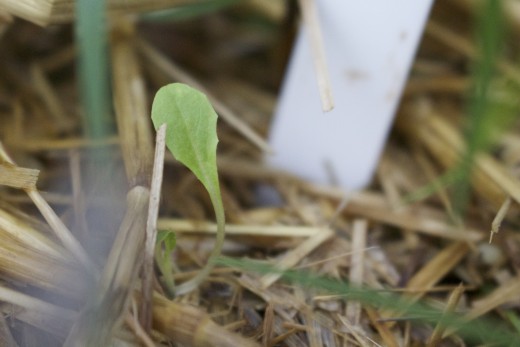
Letting Mother Nature do all the work yields unexpected results with unexpectedly little effort.
Remember, this is an exercise in observing nature, rather than reaping a bountiful harvest
With the little space invested, and only three types of seeds, don't expect to feed your family from your gardening skills right away. Instead, take the long view which may span decades. This is simply learning how nature works and what types of challenges you will face as a neophyte gardener. Your garden will teach you every thing you need to know if you just learn to pay attention to nature. Take what successes you have and apply it to the next season. Learn from mistakes which will be plentiful as well, but viewing them as a teaching point will help you grow into a seasoned gardener.
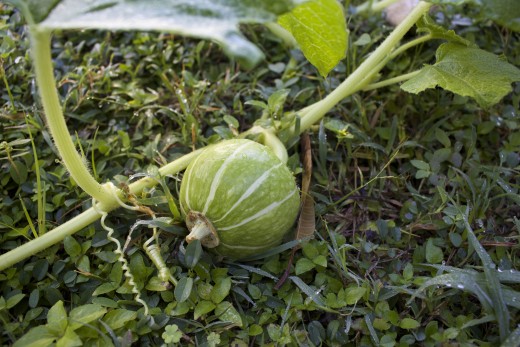
Other considerations
Pets - If you are a pet owner, you may need to consider putting a fence around your garden area.
Irrigation - I have found that if your plants are in an area that is easy to water, they have a better outcome than plants where you have to put a lot of effort into irrigating.
Insects - In this method of gardening, no pesticides are used. There are beneficial insects and harmful insects to your plants. Once these insects manifest, consult your local garden shop about natural methods of control. I like the attitude of "sharing with nature" and don't mind if insects eat some of my crop.
Weeds - In this method, there are no such things as "weeds." If you garden properly, the plants will overtake the weeds, but for now get used to the idea of growing your plants among other plants that grow in the area.
May your first attempt at garden yield questions that will lead you further on this journey. A wise man once said, if you want to make a person happy for a night, give them some wine, if you want to make a person happy for a year, give them a job, but if you want to make a person happy for a lifetime, give them a garden.

